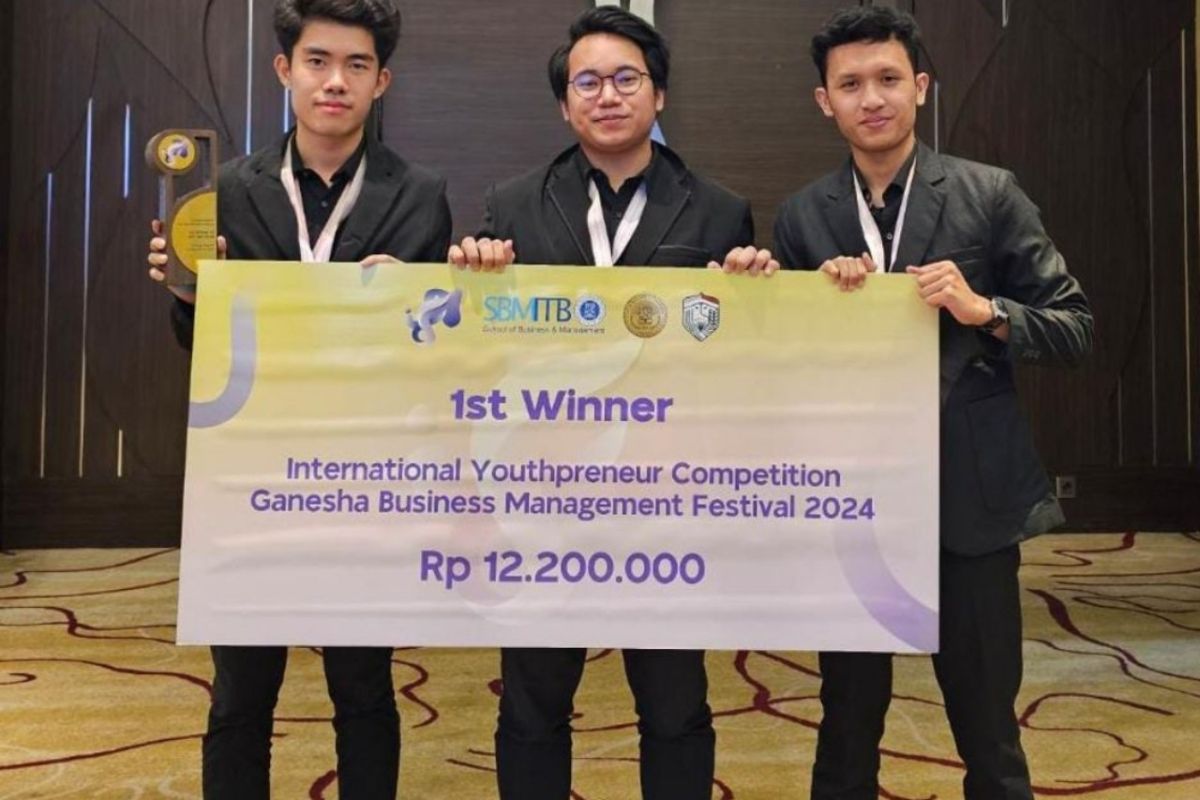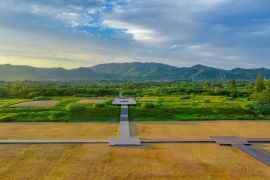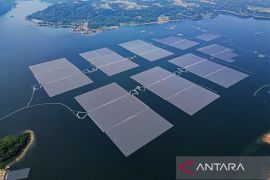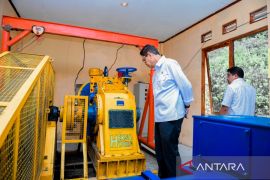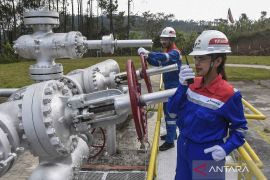The innovation, developed by three mechanical engineering students—Amar Falah Riyanto, Farras Hafizh Al Farisi, and Ivan Kusno—could serve as an alternative solution for rural and remote areas in Indonesia reeling from unstable or limited power supplies, the university's press statement on Thursday.
"As an archipelago, Indonesia is facing unique challenges to provide reliable and equal electrical grids for its people," Al Farisi was quoted as saying in the press statement published here, Wednesday.
The national electricity networks often fail to reach or provide stable power supplies to those in the country's rural and outermost areas. As a result, they mostly rely on diesel power plants, he remarked.
Indonesia still operates around 5,200 diesel power plants to fulfill the electricity demand, especially in remote and outermost regions.
Despite its effectiveness in providing energy, relatively high operational costs are involved in running a diesel power plant, which becomes a significant source of carbon emissions, Al Farisi pointed out.
Hence, diesel power plants would become an unsustainable solution to both the economy and environment, he remarked, adding that the "Varuna" innovation he developed along with two colleagues could serve as an alternative solution.
Al Farisi remarked that Varuna could generate sufficient power supplies to rural areas whose electrical grids "are not stable or limited."
Related news: BRIN developing satellite-powered tech to detect marijuana fields
Related news: Bapanas strengthens food distribution with cold chain technology
Translator: Feru L, Rahmad Nasution
Editor: Aditya Eko Sigit Wicaksono
Copyright © ANTARA 2024
